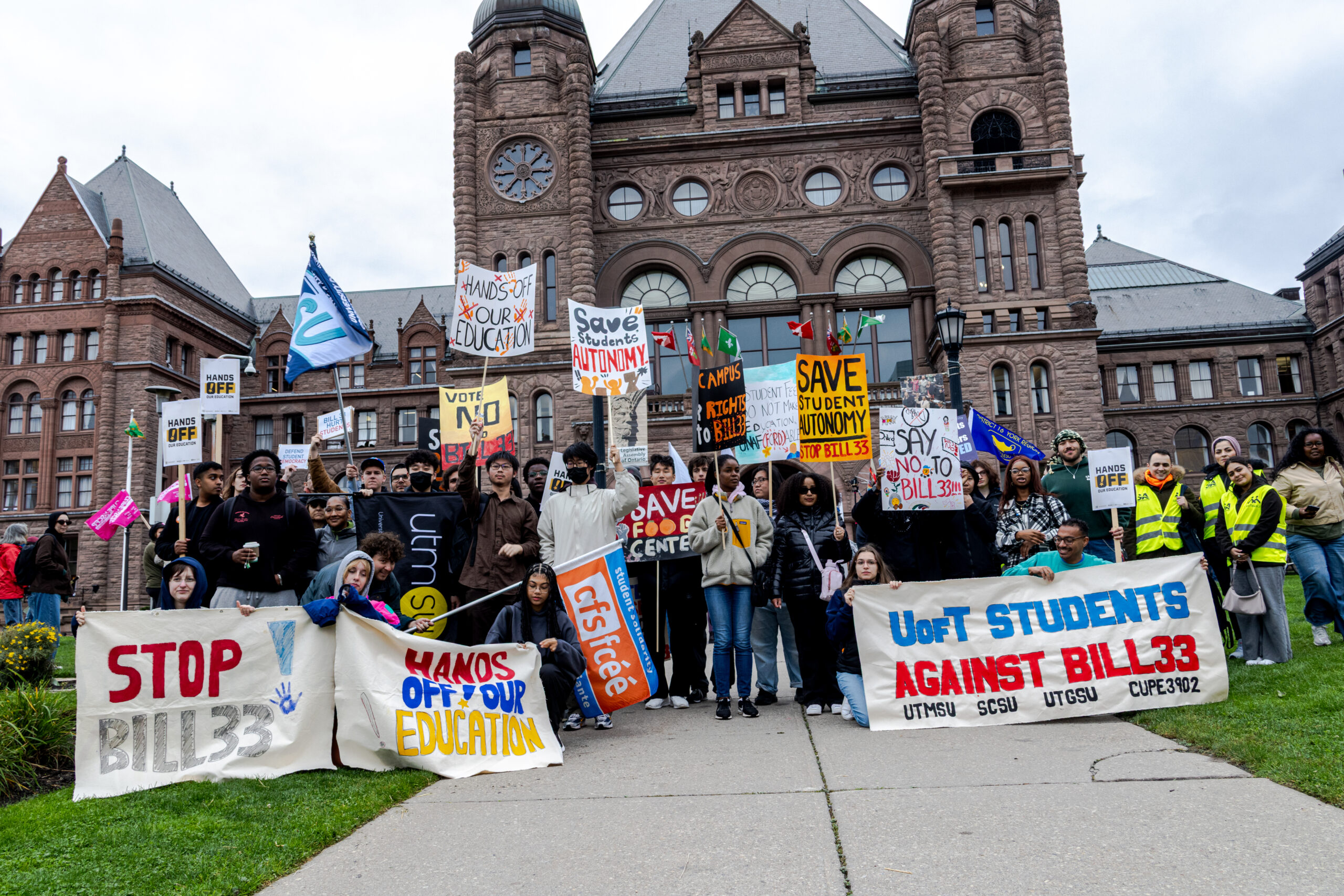This past Saturday, OPSEU filed an unfair labour practice (ULP) complaint against college administrators.
The complaint was filed following a letter issued to the bargaining team on January 13, the content of which union members qualify as having “blatantly interfered with the rights of OPSEU’s members to choose to demonstrate support for their bargaining agent’s position during contract negotiations.”
In a statement released by CAAT-A, college employers were accused of using their email signatures to impede sharing bargaining material in communications, which were deemed “anti-college” rhetoric in the letter. Faculty members were also instructed to refrain from communicating any bargaining information to students in the letter, all while the College Employer Council (CEC) continues to inform students about the labour situation itself.
The letter was what appears to be a tipping point for CAAT-A, which has objected to the CEC’s behaviour since the beginning of the work-to-rule campaign.
College employers have publicly denied using any intimidating measures or harassment tactics against faculty. However, Jeff Brown, acting chief steward at OPSEU Local 556 and professor at George Brown contradicted this in recent communications with the Dialog.
The union alleged that the CEC has been circulating threatening emails to sway faculty from participating in work-to-rule by consistently reminding them of their right to disengage from labour action.
The CEC has discouraged faculty from participating in the union’s digital educational campaign, which involved using a suggested email signature and Zoom background to show support for the work-to-rule action, as well as asking members to send letters to college presidents to mount pressure.
According to Brown, at some colleges staff have experienced threats of receiving a pay cut should they choose to participate in work-to-rule. Furthermore, CEC messaging has often likened the work-to-rule action as a strike, which has caused a certain level of confusion amongst faculty.
The CEC asserts that they have not issued any form of messaging that is misrepresentative or inaccurate and have a right to simply remind employees of their options.
They have also attributed the introduction of pay reductions to the fact that OPSEU is not engaging in a fair work-to-rule. As the union has encouraged employees to work only to their Standard Workload Form (SWF) contracts, college employers believe that this is not in-line with their collective agreement, which the union had agreed to follow.
The CEC states that SWFs are not intended to be an exhaustive list of job duties, but simply a guideline meant to standardize assigning courses. This list does not list any other assigned duties to instructors, that must be performed even in a work-to-rule circumstance.
Thus, they have justified the need to reduce worker salaries as “refusing to perform assigned duties is not work-to-rule, it is a partial walk-out.”
The CEC have yet to issue a response to the ULP complaint.


